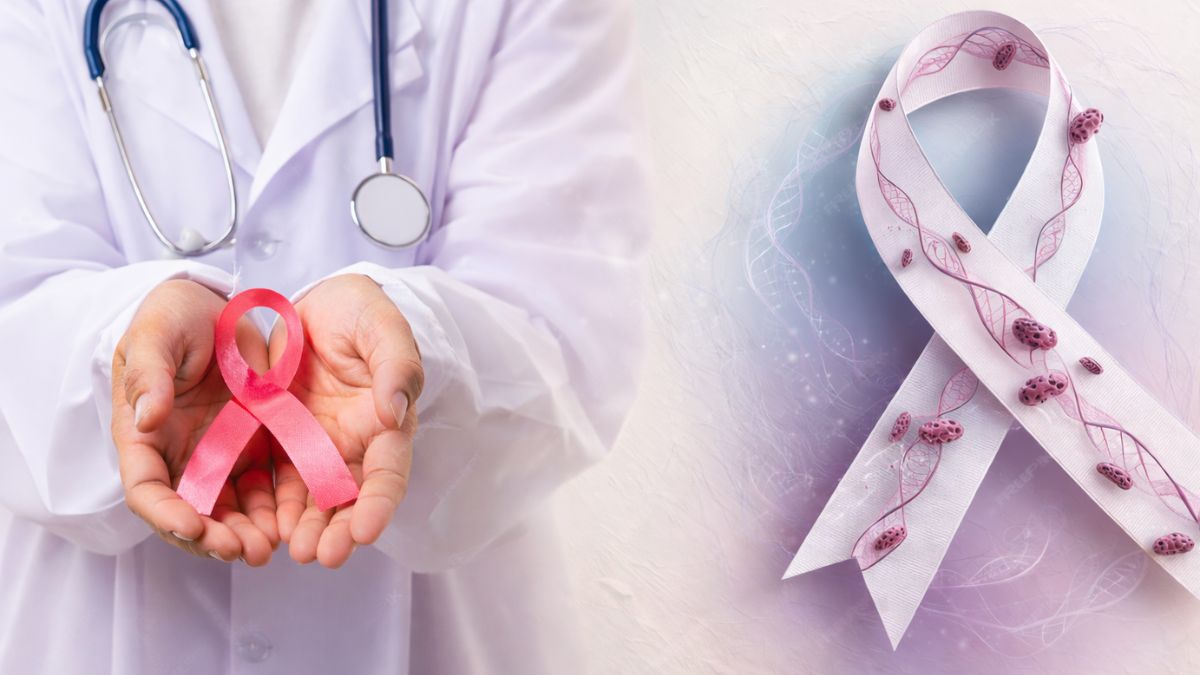
Understanding Kidney Stones: Causes and Solutions
Kidney stones are a common yet painful health issue that many people face. In India, the incidence of kidney stones is on the rise, often due to dietary habits and lifestyle choices. These stones form in the kidneys from minerals and salts, primarily calcium, oxalate, and uric acid. While small stones may go unnoticed, larger ones can cause excruciating pain and lead to serious health complications if not treated promptly.
Dr. Anil Bradoo, a consultant urologist, emphasizes the importance of timely diagnosis and treatment of kidney stones. Certain medical conditions, such as urinary infections and gout, can increase the risk of stone formation. Therefore, it is crucial to recognize the symptoms, which include severe pain, nausea, and difficulty urinating, and consult a doctor immediately for proper management.
While many kidney stones can be managed effectively, ignoring them can result in severe complications. Treatment options vary depending on the size of the stones. Small stones may pass naturally with increased water intake and pain medications. However, larger stones may require procedures like shock wave therapy (lithotripsy), ureteroscopy, or even surgery, depending on the expert's assessment.
For medium-sized stones, advanced techniques such as endourological procedures with lasers may be used. Extracorporeal Shock Wave Lithotripsy (ESWL) is an effective treatment for stones up to 1.5 cm, often done as a day-care procedure without hospitalization.
Prevention is always better than cure. To avoid kidney stones, it's essential to drink plenty of water daily, limit salt intake, and consume a diet rich in citrus fruits like lemons and oranges. Maintaining a healthy weight and following your doctor's advice, especially if you have a history of kidney stones, can significantly reduce the risk of recurrence.
In conclusion, staying informed about kidney health and seeking medical advice when symptoms arise can help manage and prevent kidney stones effectively. Be proactive about your health, and remember that taking care of your kidneys is crucial for overall well-being.











